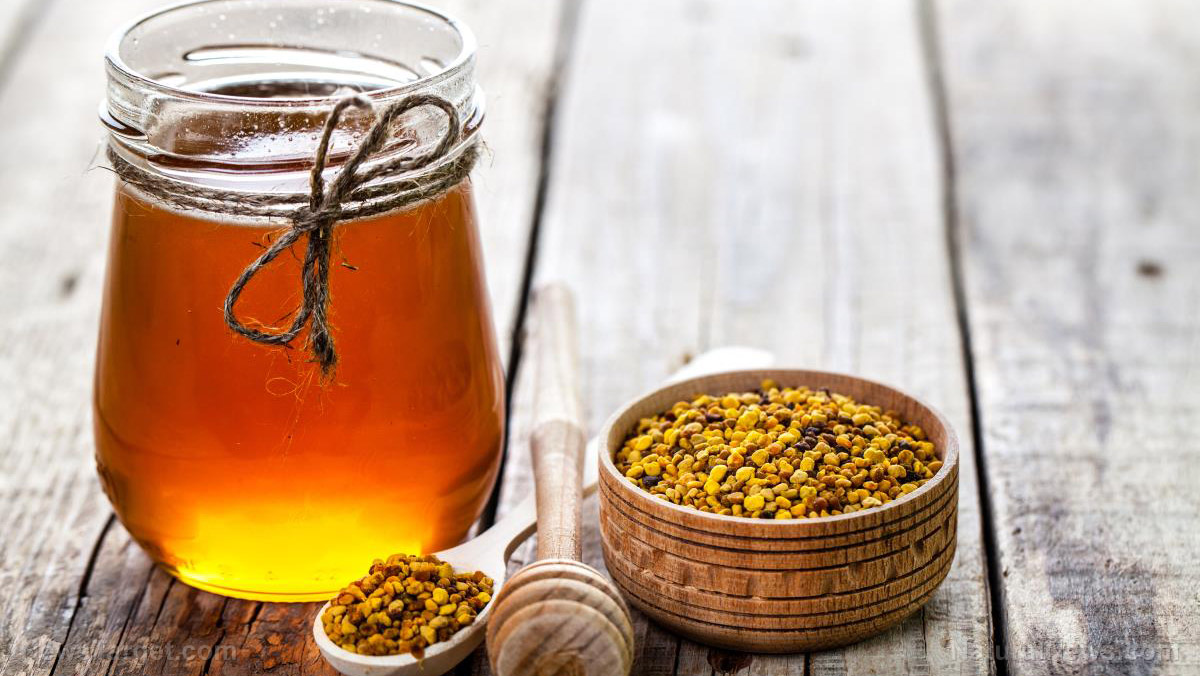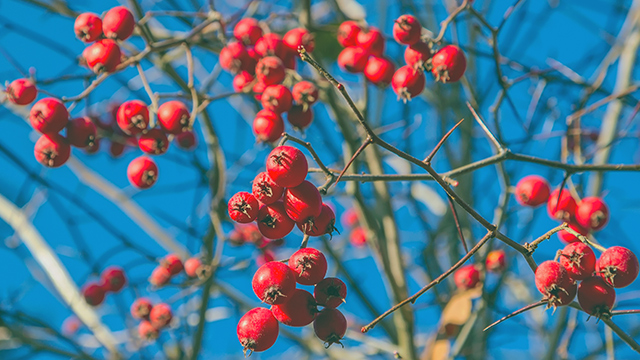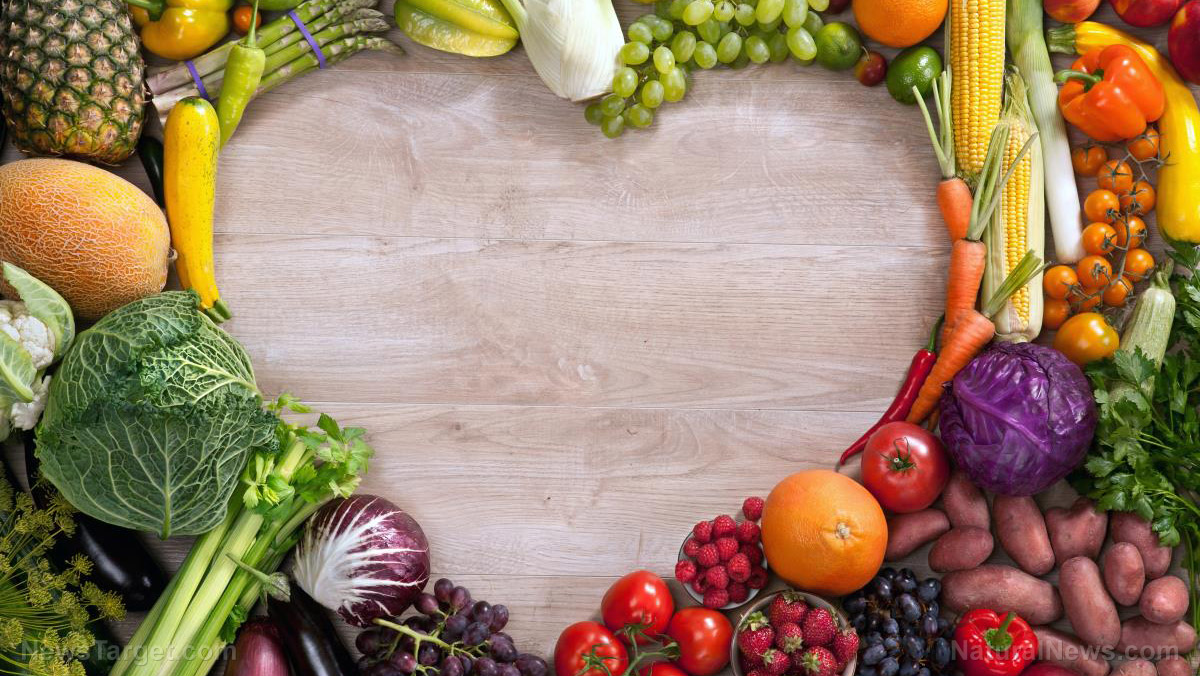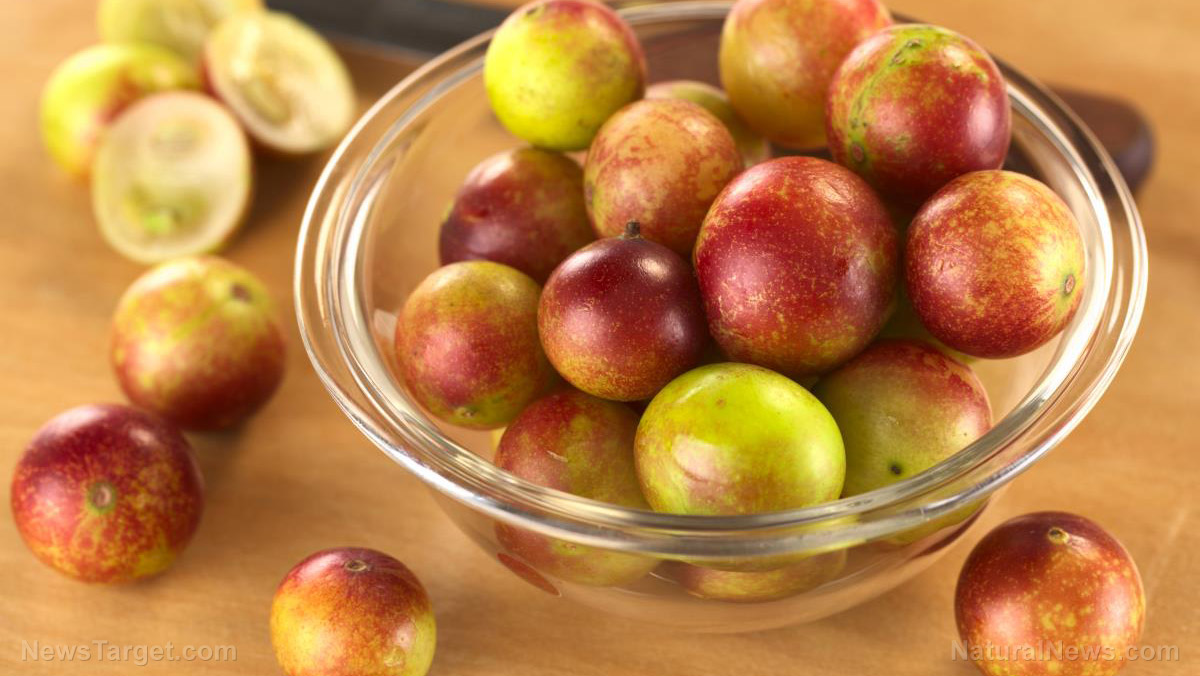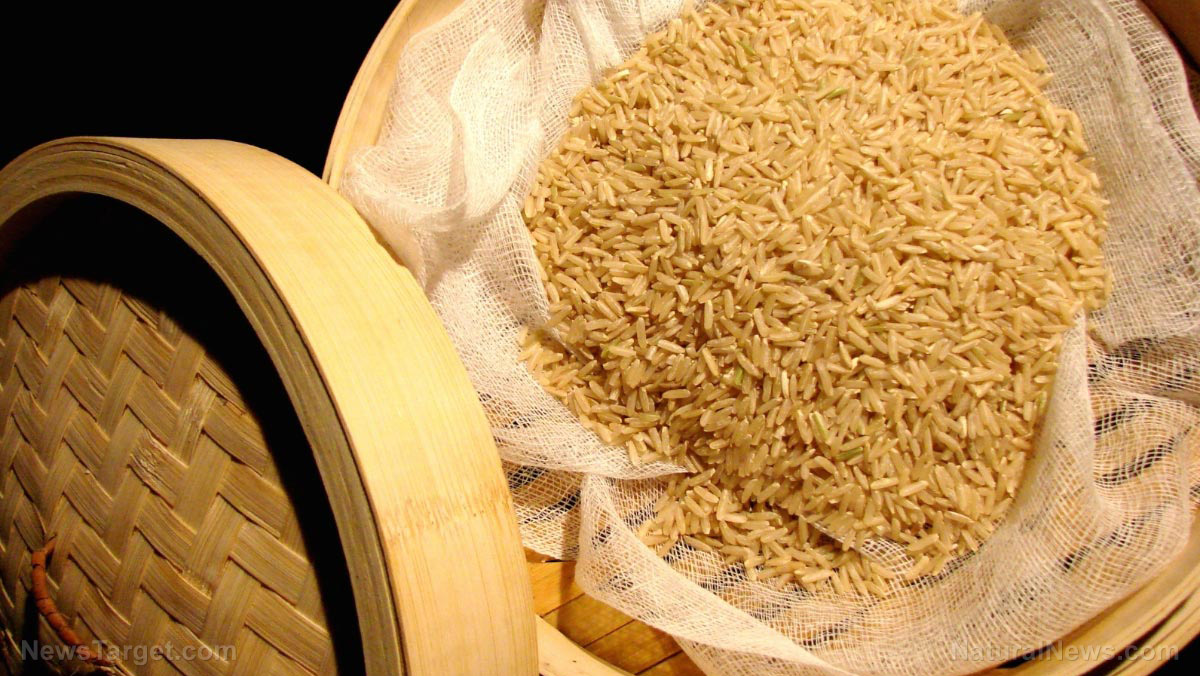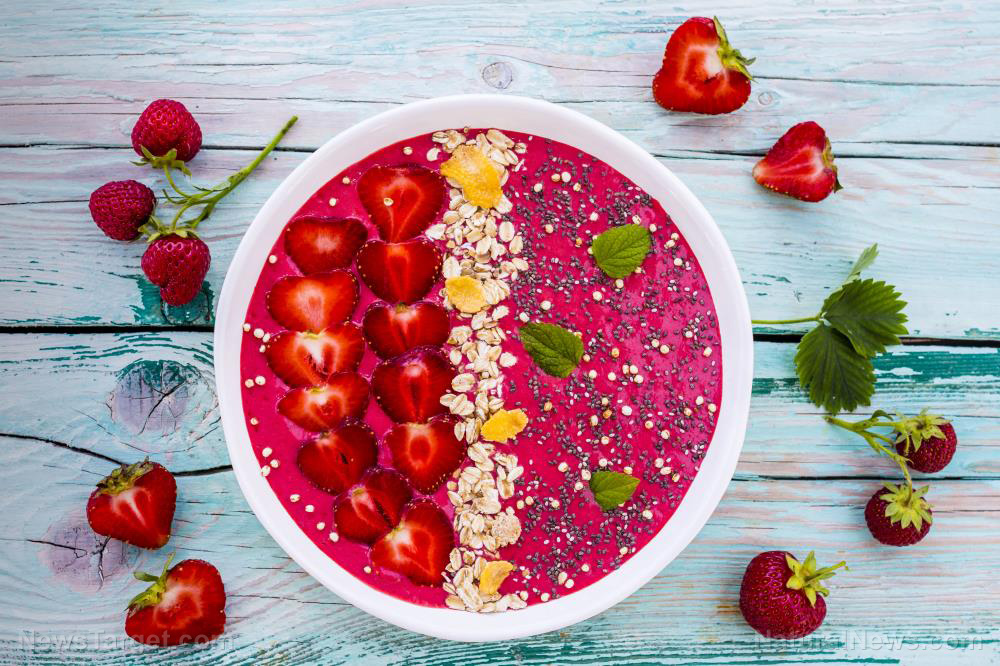Boost your heart, brain and digestive health with rutin, an antioxidant flavonoid
08/18/2022 / By Zoey Sky

Flavonoids like quercetin are well-known due to their health benefits, but other lesser-known flavonoids can also help boost your health and well-being.
Rutin (also known as rutoside) is an antioxidant flavonoid currently used in over 130 registered therapeutic medications. Despite its popularity as an ingredient for various medications, you probably have never heard of rutin.
Scientifically called quercetin-3-O-rutinoside, rutin is technically a quercetin molecule bound to a sugar molecule. Data suggests that rutin is a unique compound that offers many of the same health benefits as quercetin.
An increasing body of research highlights rutin’s impressive therapeutic and health-promoting benefits. Rutin helps support overall health and can also benefit the joints, as well as your circulatory and digestive systems.
Rutin boosts cardiovascular health
Natural healers have long used rutin to improve blood circulation. Current data suggests that the flavonoid can help support cardiovascular health.
Experts believe rutin helps strengthen and increase the flexibility of arteries and capillaries. It has been credited with antiplatelet activity, meaning rutin may help protect you against deep vein thrombosis, heart attack and stroke by reducing the tendency of blood to clump together and form dangerous clots.
Data suggests that rutin may help perform a “preemptive strike” on blood clots by blocking disulfide isomerase, an enzyme that can trigger thrombosis.
Rutin also helps promote heart health by lowering blood pressure and reducing “bad” LDL (low-density lipoprotein) cholesterol while raising levels of “good” HDL (high-density lipoprotein) cholesterol.
Data from a study revealed that those with diabetes and high blood pressure experienced lowered LDL cholesterol levels after taking 500 mg of rutin a day.
Rutin promotes intestinal health
Preliminary research suggests that rutin has the potential to promote gastrointestinal health.
In a review published in the journal Polyphenols in Human Health and Disease, data from animal studies revealed that pretreatment with rutin was effective in “ameliorating colitis, promoting colonic healing, boosting levels of glutathione, and cutting oxidative stress while also inhibiting the expression of inflammatory markers such as interleukin, COX and TNF-alpha.”
The benefits of rutin also extend to probiotic support.
In study findings published in the journal New Look to Phytomedicine, researchers reported that rutin helped increase populations of Lactobacillus, a beneficial gut bacteria.
The researchers added that continued study can help experts determine if rutin has potential as a future treatment regimen for gastrointestinal (GI) disorders such as inflammatory bowel disease (IBD).
Rutin supports brain health
Data also suggests that rutin may benefit people with Alzheimer’s disease. Experts think that rutin can promote healthy brain function and help protect against neurodegenerative diseases by reducing pro-inflammatory cytokines and increasing antioxidant enzyme activity.
Data from animal studies has also revealed that the flavonoid helped improve memory deficits and inhibited acetylcholinesterase, an enzyme that breaks down acetylcholine, a neurotransmitter that is crucial for memory and learning.
Rutin helps relieve joint pain
Rutin seems to be effective at staging “seek and destroy” operations on harmful free radicals. The flavonoid helps scavenge and neutralize these oxidative stress-creating molecules, which are linked to cell damage.
Rutin also boosts the effects of other powerful natural antioxidants already present in your body, like glutathione and superoxide dismutase. This is why natural healers often recommend rutin to relieve the pain and stiffness of inflammatory conditions like arthritis.
In research published in 2019 in the journal Bioactive Foods as Dietary Interventions for Arthritis, scientists reported that rutin was the “best antioxidant” of the natural class of compounds.
According to an older study published in the journal Biochemical Pharmacology, the antioxidative and anti-inflammatory properties of rutin helped reduce oxidative stress in people diagnosed with arthritis. The research team added that rutin was a “useful supporting pharmaceutical agent” that may help treat diseases caused by free radical damage. (Related: Quercetin: A flavonoid that fights COVID like hydroxychloroquine.)
Incorporating rutin into your regular diet
Did you know that rutin was formerly called “vitamin P?” The phrase was used as a catch-all term for plant flavonoids.
Experts now know that flavonoids are not technically vitamins, but they are just as beneficial. Many nutritious fruits and vegetables contain rutin.
Buckwheat is one of the richer sources of rutin, but the following superfoods also contain the flavonoid:
- Apples
- Apricots
- Cherries
- Cranberries
- Figs
- Grapefruits
- Lemons
- Limes
- Oranges
For maximum benefit, eat apples unpeeled because most of their rutin is in the skin. Asparagus, passionflower tea and elderberry tea also contain rutin.
You can also boost your intake of rutin with supplements. Natural healers usually recommend taking 250 mg of rutin two to three times per day. If you are not used to taking rutin supplements, consult a natural health practitioner. While rutin in food is considered safe, concentrated supplementary doses may cause minor side effects like flushing, headache and nausea.
Rutin isn’t often in the limelight like quercetin and other more famous flavonoids, but it’s a beneficial compound that deserves more attention. Follow a balanced diet and eat foods rich in rutin like buckwheat and apples to boost your overall well-being.
Watch the video below to know more about the health benefits of buckwheat.
This video is from the Holistic Herbalist channel on Brighteon.com.
More related stories:
Discovering the anti-obesity potential of quercetin.
A flavonoid in fruits and vegetables found to prevent hepatitis B.
Sources include:
Submit a correction >>
Tagged Under:
alternative medicine, antioxidant, arthritis cure, brain health, digestion, disease treatments, flavonoids, food cures, food is medicine, food science, heart health, natural cures, natural medicine, phytonutrients, prevention, remedies, rutin, supplements, vitamin P
This article may contain statements that reflect the opinion of the author
RECENT NEWS & ARTICLES
Antioxidants.News is a fact-based public education website published by Antioxidants News Features, LLC.
All content copyright © 2018 by Antioxidants News Features, LLC.
Contact Us with Tips or Corrections
All trademarks, registered trademarks and servicemarks mentioned on this site are the property of their respective owners.





